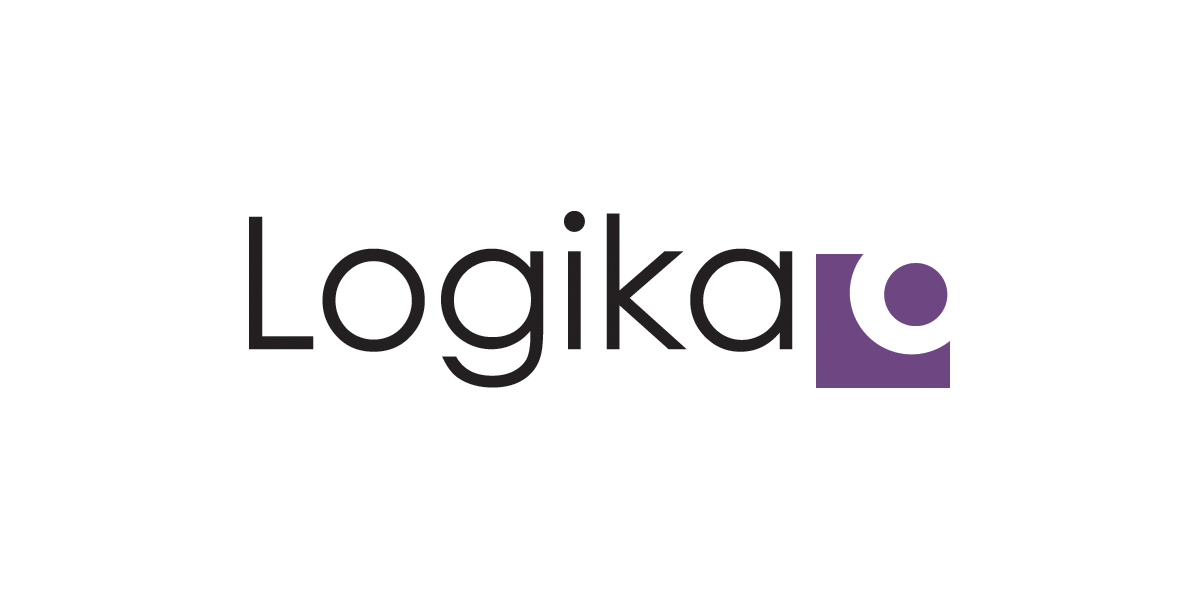Just about every new business has dreams of growing and making it into the “big time”. Yet, after an initial period of growth, many businesses require a different strategy.
Startups are not miniature versions of big businesses. The strategies, tactics, and actions they need to take to get things off the ground are not the same as those needed to get to scale. Remember that your startup is not your business. A startup is a search for the model that will eventually become the business that is the intersection of what you set out to create and what the market demands.
Many businesses want to go from idea to unicorn – and who wouldn’t. But for most, it doesn’t work that way.
We’ve found that most successful companies go through three–frequently overlapping– phases: start, sustain, and scale. Skip any phase at your own risk/peril. Here’s a quick overview:
start
Startups are about validation. A startup is a machine that turns your idea into a product and then wraps it in a business.
In a small startup, everyone does whatever is needed to get the business started and to bring in new business. In short, you do EVERYTHING required to get customers, make sales, and keep the business running. You ARE the business and the business is constantly changing. You’re making and testing assumptions about all of the key elements of your business.
You have successfully started when you can:
- reliably create demand for your product
- predictably meet that demand
- manage the money to expectations
sustain
Sustaining is about giving your business its own identity – not just an extension of yourself. Frequently the first employees a new business brings on are hired to increase the capabilities of the founders – not those of the business. There is no distinct differentiation between the identity of the owner(s) and the identity of the business.
Sustaining is the process of turning the business into its own entity: separate and distinct from the founder(s).
We’ve found the following guidelines useful for assessing progress in the sustain phase. Can you:
- take an extended vacation – say 6 months – from your business
- not check email, voicemail, or other communications from the business during that vacation
- return to a thriving business
Sustain does the “heavy lifting” of establishing the foundation for scale. One of the great ironies we’ve observed is that founders in start want to give away as much as they can (but often can’t afford to) and founders in sustain often resist delegating (even though they need to if they want to get to scale).
scale
The primary purpose of the scale phase is to reliably and consistently increase revenues faster than expenses. Beyond this purpose, scale is really about reaping the rewards of the hard work of start and sustain. For some that will mean exit planning. For others, continuing to grow the business or passing it on to future generations. Whatever your plan for your business, it’s important to make sure your plans align with those of your business partners … but that’s a subject for another post.
This is just an overview. There are decisions about instability, equity, transition and exit planning, as well as many other critical decision points that must be considered, and reconsidered as the business and its founders grow. At Logika we see ourselves as travel agents for the entrepreneurial journey.
Click here to upgrade your entrepreneurial journey!
Photo credit: Flickr user Christine Schmidt

